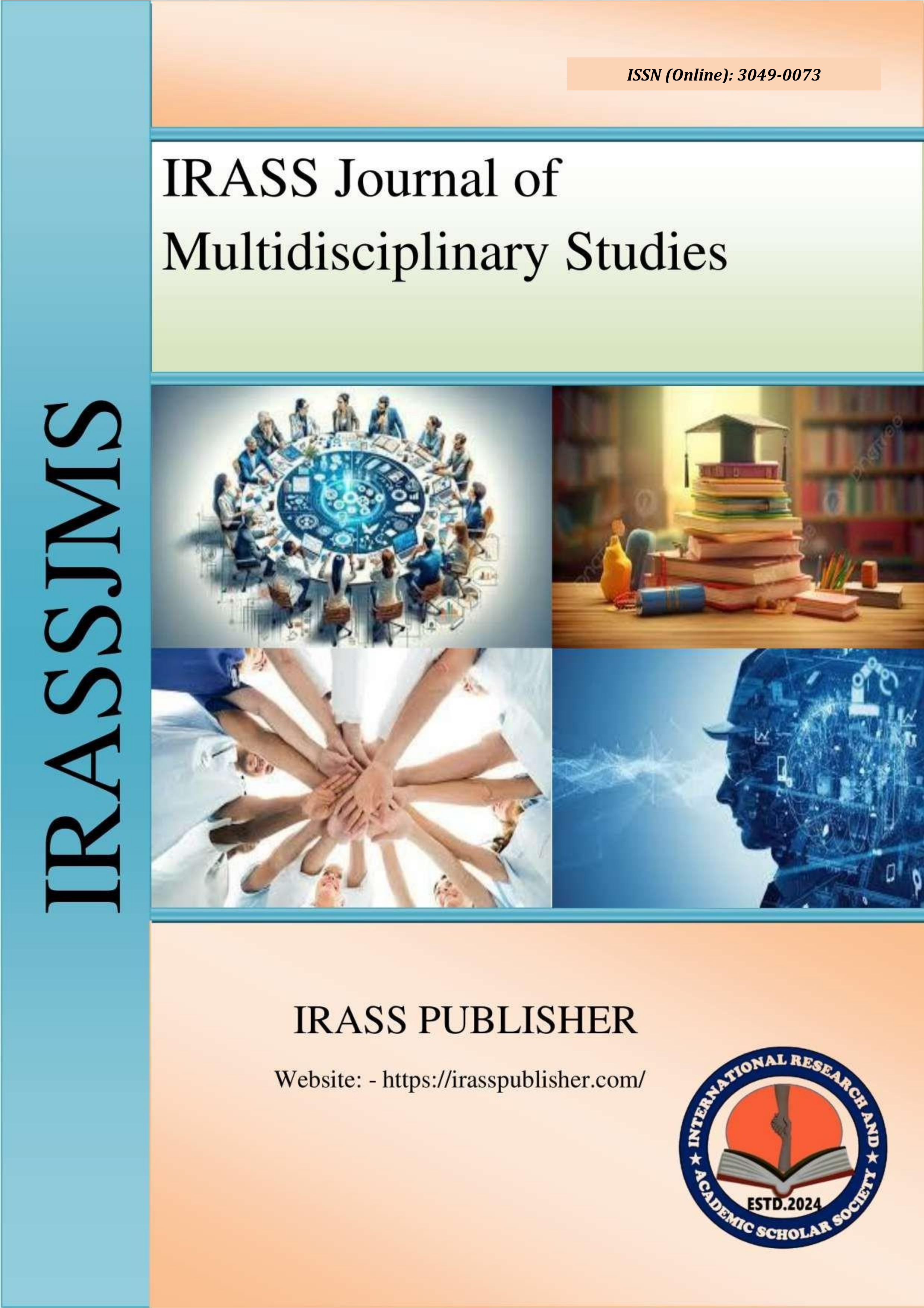UNTANGLING THE ROOTS OF CRIME: THE POWER OF SOCIAL PROGRAMS, COMMUNITY INITIATIVES, AND SOCIAL-EMOTIONAL LEARNING
Sr No:
Page No:
75-83
Language:
English
Authors:
Dr. John Motsamai Modise*
Received:
2025-02-21
Accepted:
2025-03-06
Published Date:
2025-03-09
GoogleScholar:
Click here
Abstract:
The study looks at how social programs, community development projects, and
socio-emotional learning might help pinpoint the underlying causes of criminal activity. The
usefulness of social programs, community development projects, and social-emotional learning
in addressing the underlying causes of crime and fostering safer neighborhoods is further
examined in the article. The study's goals were to evaluate the body of knowledge regarding
social programs and how they affect crime rates. Examine how well community development
programs work to promote social cohesiveness and lower risk factors for crime. Examine how
social-emotional learning programs help people develop the critical abilities they need to control
their emotions, settle disputes amicably, and make wise decisions. Determine any weaknesses
and restrictions in the current strategies for addressing the underlying causes of crime. Provide
policymakers and community leaders with ideas on how to effectively use social services,
community development, and social-emotional learning as all-encompassing crime prevention
measures. Which categories of social initiatives have the biggest effects on lowering crime and
recidivism rates? was one of the research questions. What is the relationship between safer
neighborhoods and community development initiatives like youth involvement programs and
economic revitalization projects? Does the inclusion of social-emotional learning in school
curricula result in a reduction in juvenile criminal behavior? What are the financial and societal
consequences of ignoring the underlying causes of crime as opposed to making investments in
deterrents? How can community organizations, legislators, and educational institutions work
together to develop a cooperative strategy to successfully execute all-encompassing crime
prevention strategies? This study will make use of a literature review. On the following subjects,
a thorough assessment of previous studies will be carried out: The effect of different social
programs on the rate of crime. The efficiency of community development programs in lowering
the risk factors for crime and Role of social-emotional learning in reducing criminal behavior
Keywords:
Root causes of crime, Social programs, Community development, Socialemotional learning (SEL), Crime prevention, Recidivism, Social cohesion, Risk factors, Policymakers, Educational institutions, Case studies, Ethical considerations.
Journal: IRASS Journal of Multidisciplinary Studies
ISSN(Online): 3049-0073
Publisher: IRASS Publisher
Frequency:
Monthly
Language:
English

